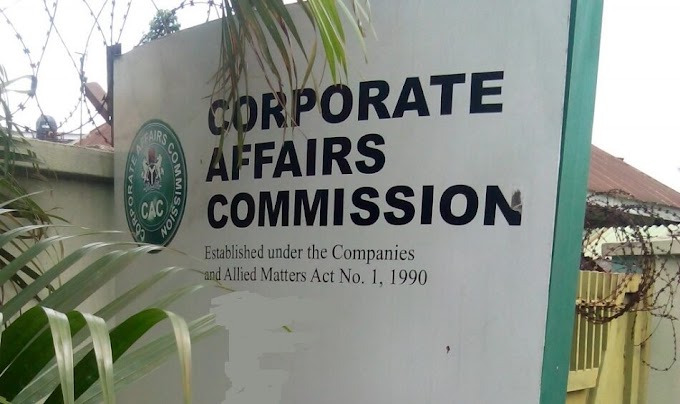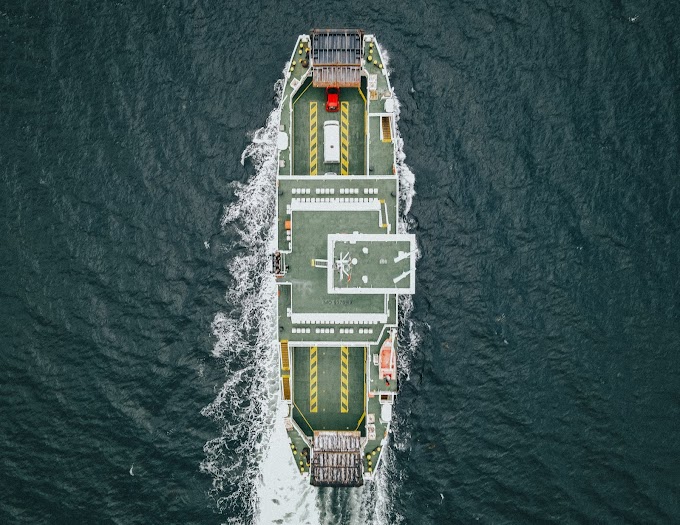The freedom and autonomy of contract is a fundamental principle of contract law. This principle has been reiterated in a plethora of cases, including in a recent 2021 decision of the Supreme Court of Nigeria, in the case of STATOIL (NIG.) LTD. V. INDUCON (NIG.) LTD.[1] Flowing from this principle, parties to a charter party[2] may make provisions in the contract for the governing law clause and an arbitral clause in resolving any dispute arising from the contract. Section 20 of the Admiralty Jurisdiction Act[3] (“AJA”), however, seems to have departed from this fundamental principle of freedom of contract.
ON FOREIGN
JURISDICTIONAL CLAUSE
Section 20 of
the AJA provides that any agreement by which the parties to any cause or matter
seek to oust the exclusive admiralty jurisdiction of the Federal High Court
shall be null and void if the cause or matter relates to any admiralty matter
falling under the AJA, and if the cause or matter has any connection to
Nigeria. In the case of JFS INV. LTD. V. BRAWAL LINE LTD.,[4]
the Supreme Court took judicial notice of the Section 20 of the AJA, and held
that the Admiralty Jurisdiction Act 1991 had virtually removed the element of
courts discretion in deciding whether or not to uphold a foreign jurisdictional
clause. Nigerian law will be applicable, accordingly, as the law of the charter
party falling under the AJA, and if the cause or matter has any connection to
Nigeria, as provided for under Section 20 of the AJA.
ON FOREIGN
ARBITRATION CLAUSE – THE HAGUE RULES AND THE HAMBURG RULES
It should be
noted that the agreement to resort to judicial proceeding is different from the one
to resort to arbitration proceedings. While foreign jurisdictional clause tends
to oust the jurisdiction of the court on the matter, foreign arbitration clause
only postpones the right of either of the parties to the agreement to resort to
litigation in Court whenever the other contracting party elects to submit the
dispute under the agreement to arbitration; in which the court will lean
towards enforcing the clause, not by striking out the case for want of
jurisdiction but by staying proceedings pending arbitration, based on
provisions of Sections 4 and 5 of Arbitration and Conciliation Act[5] (“ACA”).
The Supreme Court in this year's decision, 2022, in the case of SAKAMORI
CONSTR. (NIG.) LTD. V. L.S.W.C.,[6]
interpreted Sections 4 and 5 of the ACA as follows:
“Section 5(1)
of the Act envisages an application for stay of proceedings which the court has
the discretion to grant or refuse as can be deduced from section 5(2). Section4
of the Act envisages a situation where arbitral proceedings may be commenced or
continued and concluded while the matter is pending before the court.”
The
International Convention for the Unification of Certain Rules Relating to Bills
of Lading and Protocol of Signature 1924 (“The Hague Rules”), adopted on
August 25th 1924, was the only international convention applicable
to bills of lading in Nigeria, prior to the domestication of the United Nations
Convention on Carriage of Goods by Sea 1978 (“The Hamburg Rules”), adopted
on 31st March 1978, but it took effect on 1st November
1992. The Hague Rules makes no provision for arbitration. The following
landmark decisions were made under the Hague Rules regime.
In 2003, the
Supreme Court in the case of Owners of the M.V. LUPEX V. NIGERIAN OVERSEAS
CHARTERING AND SHIPPING LIMITED[7],
by applying the discretionary power of Section 5 of the ACA, reversed the
decisions of both the trial court and the Court of Appeal; and enforced a
foreign arbitration clause in a charter party. It must be pointed out that the
Supreme Court did not consider the implications of Section 20 of the AJA.
In MV PANORMOS
BAY & ORS V. OLAM (NIG) PLC[8]
and LIGNES AERIENNES CONGOLAISE V. AIR ATLANTIC (NIG) LTD.[9],
however, the Court of Appeal refused to allow a stay of proceedings in maritime
claims, giving effect to foreign arbitration clauses, on the basis of Section
20. The two grounds for the decision given by the Court are: (1) that such
clauses were ouster clauses prohibited by Section 20 of the AJA; and (2) that
Section 20 had effectively modified Sections 2 and 4 of the ACA, limiting
enforceable arbitration agreements to those having Nigeria as their forum.
The Hamburg
Rules, on the other hand, makes provision for arbitration in Article 22.
Accordingly, The Court of Appeal, under the Hamburg Rules regime, had cause
to review its early decision in MV PANORMOS BAY (decided under the Hague
Rules), six years after. The opportunity came in ONWARD ENTERPRISES LIMITED
V. MV “MATRIX” & 2 ORS.[10]
The Court held that Section 20 of the AJA did not prevent the enforcement of a
foreign arbitration clause in a bill of lading; by applying the discretionary power,
and by relying on the earlier Supreme Court decision in M.V. LUPEX case.
In a 2018 decision, also, in the case of MEKWUNYE v. LOTUS CAPITAL LTD &
ORS.,[11]
the Court of Appeal reaffirmed its position in the ONWARD ENTERPRISES
LIMITED case.
Flowing from the
above, the current judicial policy is that the court, by exercising the
discretionary power conferred on it by Sections 5 of the ACA, will enforce a foreign arbitration clause in a charter party; pending the review of the law by
the Supreme Court.
[1] (2021) 1 NWLR (Pt. 1774) 1 SC
[2] A charter party like a normal contract or agreement is negotiated by
the parties or their agents and it takes various forms although there are
standard forms. See AWOLAJA V. SEATRADE GRONINGEN B.V. (1993) 3 NWLR (Pt. 280)
209 CA
[3] Cap A5, Laws of the Federation of Nigeria, 2004.
[4] (2010) 18 NWLR (Pt. 1225) 495
[5] Cap. A18, Laws of the Federation of Nigeria, 2004
[6] (2022) 5 NWLR (Pt. 1823) 339 SC
[7] [2003] 15 NWLR (Pt. 844) 469.
[8] (2004) 5 NWLR (Pt. 865) 1
[9] (2005) 11 CLRN 55
[10] (2010) 2 NWLR (Pt.1179) 530
[11] (2018) LPELR-45546(CA)






Let's Get Connected